Almost a decade ago, a debate had been quite popular on the IT streets. It was the debate for AV1 vs HEVC video extensions, and why Google is not supporting HEVC video extensions in Chrome. And if you have been a part of this debate any time before, you would know that every side had its own valid sets of reasons through which they justified their stand.
Those who were with Google would often say that Google supports AV1 codecs over HEVC codecs because AV1 codecs are open-standard, royalty-free, and do not require a license to use. While those who were in favor of HEVC claimed that AV1 required more powerful hardware and a much longer time to get decoded, which affected the performance of videos.
As we stand in 2022 today, the debate is now resolved forever, as Google has silently added HEVC support to Chrome! Yes, you read it right! Even a few years back, most of you would have thought that supporting HEVC would be a very hypocritic move for Google. But today, the HEVC video extension is not only supported by Chrome but Google was also made a member of the HEVC Advance Patent Pool in December 2020.
Interested to know more about this? Then keep reading this blog as we will be covering everything you need to know about why Google added HEVC Video Extension support to Chrome.
HEVC Video Extension: Things You Should Know
For those unversed, HEVC stands for High-Efficiency Video Coding. These are a type of video codec (means video file extension) that are structured to deliver high-quality videos on any type of streaming device. In short, they can offer Ultra HD and 4K quality videos without consuming much memory and hardware, hence optimizing the in-built hardware capabilities of your device.
Now you might ask if HEVC is so amazing, why didn’t Google add it to Chrome before? Because there are two sides to every coin.
There is no doubt that HEVC is one of the best video codecs available when it comes to streaming high-quality videos (that is, videos with minimum HD quality and above). But, supporting HEVC file extension in software like chrome involves an extensive licensing process. HEVC is not an open-standard royalty-free codec. In simple words, it means that it can be supported and decoded by only those software and devices which have the license and patent to do so. The patent holding companies are a part of the HEVC Advance Patent Pool, which is also called the Access Advance Licence pool. Thus the companies which are not a part of this pool cannot support HEVC video extension in their software products.
Now coming to the question of Google, before December 2020, Google was NOT a part of the HEVC Advance Patent Pool. So, naturally, there were obstacles in the path of supporting HEVC video extensions to Chrome. But, due to the immense benefits that HEVC codecs offer to consumers, Google finally decided to overcome all the barriers. Want to know what the benefits that HEVC offers to general consumers like you? Keep reading the blog to know!
Unique Features of HEVC Video Extension
We have already discussed that HEVC is programmed to deliver the highest quality videos with minimal system requirements. But it is not the only benefit that HEVC has to offer. In fact, it is loaded with multiple unique features that give it an edge over any other high-quality video codecs. Let’s take you through some of those unique features of HEVC video extensions.
- HEVC video extension gives amazing video uploading and viewing flexibility to users. They can experience the videos in both small and bigger partition sizes.
- HEVC videos also offer better filters for deblocking and interpolation. It means, with the use of these filters, you can smoothen the sharp edges and improve the visual quality, hence ensuring premium quality finished videos.
- As one of its most unique features, the HEVC codec supports parallel processing. Hence, it allows hierarchical and scalable video encoding, ensuring a seamless video uploading experience for the video content producers.
- It also supports improved mode signaling, motion vectors, and predictions.
- Also, HEVC allows you to compress the videos more efficiently, without incurring many losses. Hence, with efficient video compression techniques, you can deliver the best quality videos to your consumers.
After going through the benefits, you must have understood why HEVC is an extremely popular video codec. And apart from the popularity of HEVC, there were many other reasons which led to Google adding HEVC support to Chrome. Keep reading to know about them.

Why Google Added HEVC Support to Chrome?
Due to the wide range of benefits that HEVC offers to video producers and video consumers, it enjoys an immense fan following amongst video enthusiasts. Over the past few years, there have been cases where many Chrome users have complained about Chrome not supporting HEVC video extensions. If you visit google support groups, you will find multiple questions on HEVC support from Chrome users. Thus, there is no doubt that adding HEVC support to Chrome was a really important prospect for Google as well.
Also, since Google is now a member of the HEVC Advance Patent Pool, it is very easy for the company to enable HEVC support in Chrome. Hence, due to the technical convenience, it has now achieved, combined with the requests it received from its users, Google has finally added HEVC support to Chrome!
How HEVC Support Will Change the Experience of Chrome Users?
So, now that HEVC support is already added to Google Chrome, how does it change the browsing experience of a normal Chrome user?
Basically, Chrome users will experience a change in two aspects. Firstly, when Google did not support HEVC, any video with HEVC codec would have shown a “Can’t play the video file” error message. But now, all these videos will start playing on Chrome.
Secondly, HEVC videos will bring a massive change to the general video viewing experience of Chrome users. And it is because of the benefits that we have analyzed below:
- When compared to normal AVC videos, HEVC videos will need exactly half the bitrate and bandwidth (and hence data and money) to stream the same quality of video. Hence, consumers will now be able to stream more videos with lesser data.
- Since HEVC videos need less data, hence it will play out without any glitches even if your internet or wifi connection is very slow. Hence, your issues while playing videos on low internet will reduce significantly.
These benefits are largely for video consumers. But, how will the video producers get affected? And why does it matter to the streaming and OTT companies? Keep reading to know.
Why Does It Matter To the Streaming and OTT Industry?
For the streaming and OTT industry, HEVC video extensions provide multiple additional benefits, especially during the video encoding and transcoding process. As we have already discussed in the benefits section, the HEVC codec supports parallel processing. It means it can handle the high-performing and advanced encoders, and deliver faster-than-usual encoding outputs.
Also, HEVC has amazing benefits during the transcoding process. As we have already discussed, HEVC videos are easier to compress. And video compression is an important part of the video transcoding process. Keeping the video quality constant, HEVC codecs improve the compression capacity immensely. Practically speaking, HEVC allows video to be compressed at half the bitrate of H. 264, making it twice as efficient.
Thus, by making encoding and transcoding easier, the HEVC videos make uploading the videos extremely easy for OTT content creators. Also, their consumers can watch high-quality videos at lower bandwidth.
So, now that google chrome has allowed HEVC videos to play, the web-based OTT platforms can now upload HEVC videos, and in turn, reap all the above-discussed benefits. Hence, with this decision, Google will make web-based OTT platforms make more efficient and user-friendly.
But, there are still many browsers and platforms which do not support HEVC videos. Does this mean that OTT companies won’t be able to deliver high-quality videos to these browsers and platforms? Not at all!
Deliver High-Quality OTT Videos With MUVI!
With MUVI’s in-built encoder and transcoder, you can upload HEVC videos to all your OTT apps and platforms. Our encoder and transcoder will automatically convert and process your videos to adjust to the required video format, bitrate, and quality, according to the viewing conditions of the users.
Wait a minute. Are you not on MUVI yet? Then you are missing out on an amazing opportunity of developing your own white-label OTT platform without writing a single line of code! Our in-built CDN, encoder, CMS, DRM protection, ad servers, and payment gateways ensure to deliver the best possible video streaming experience to your viewers. So, why wait? Sign up today to start your 14-day free trial.

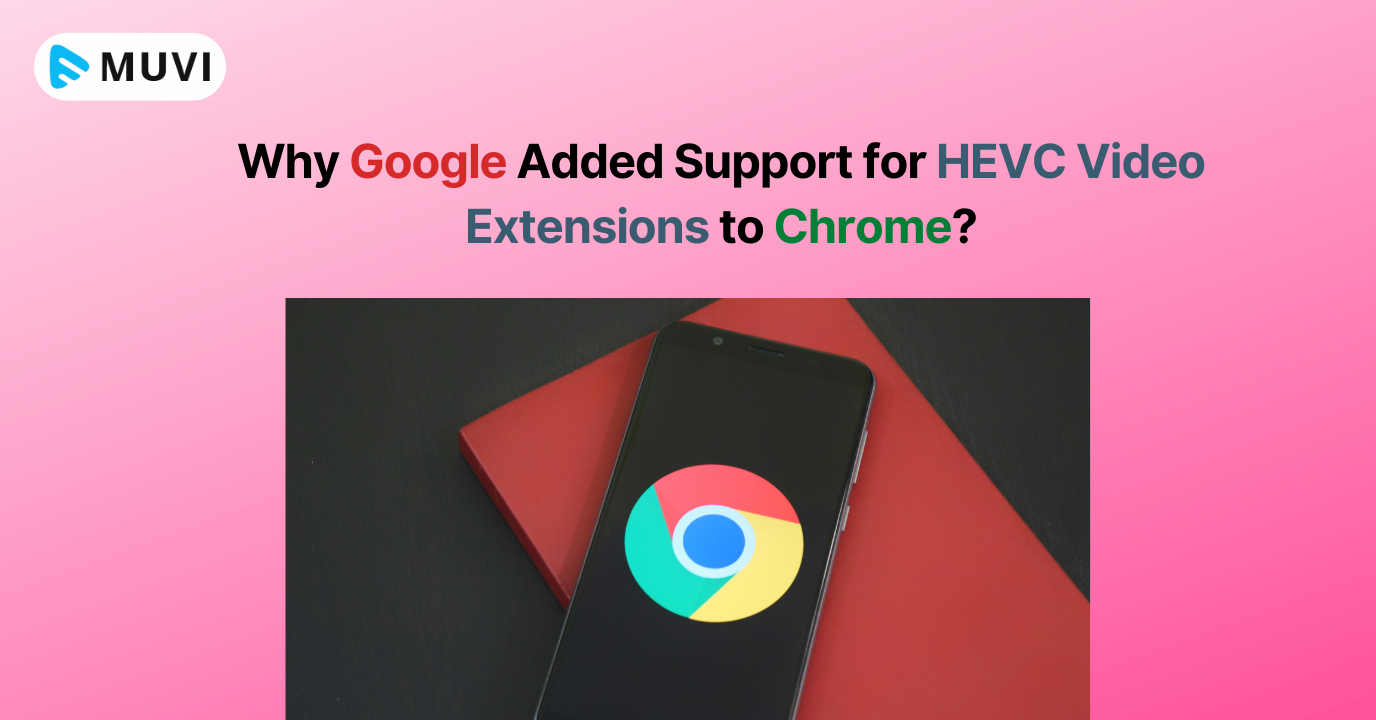




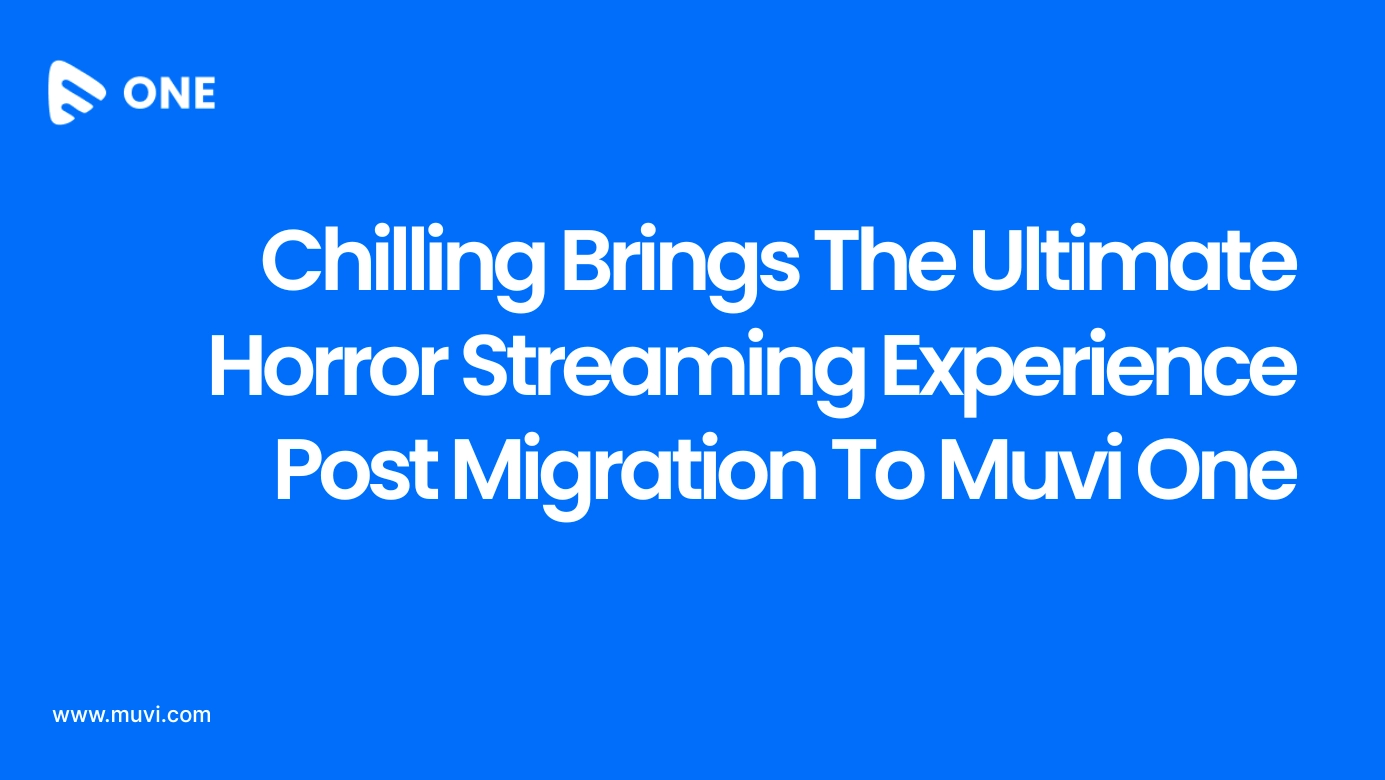





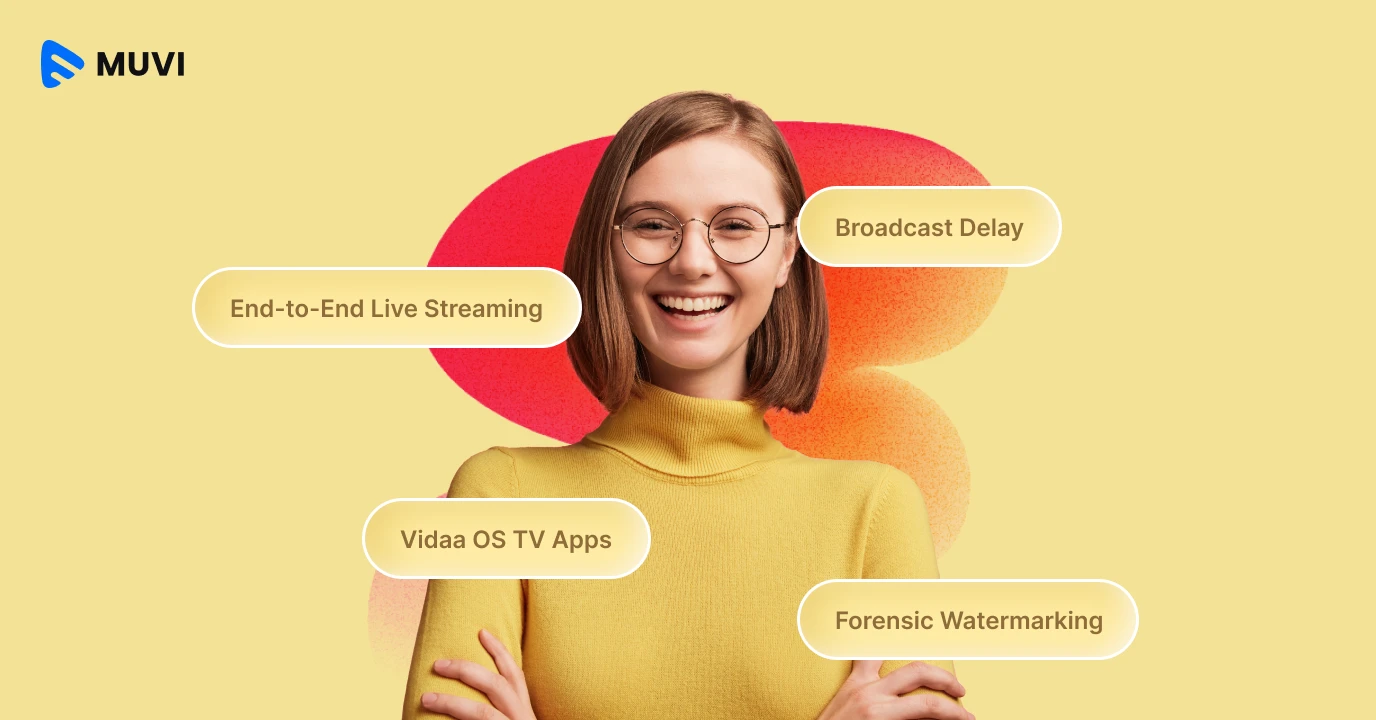
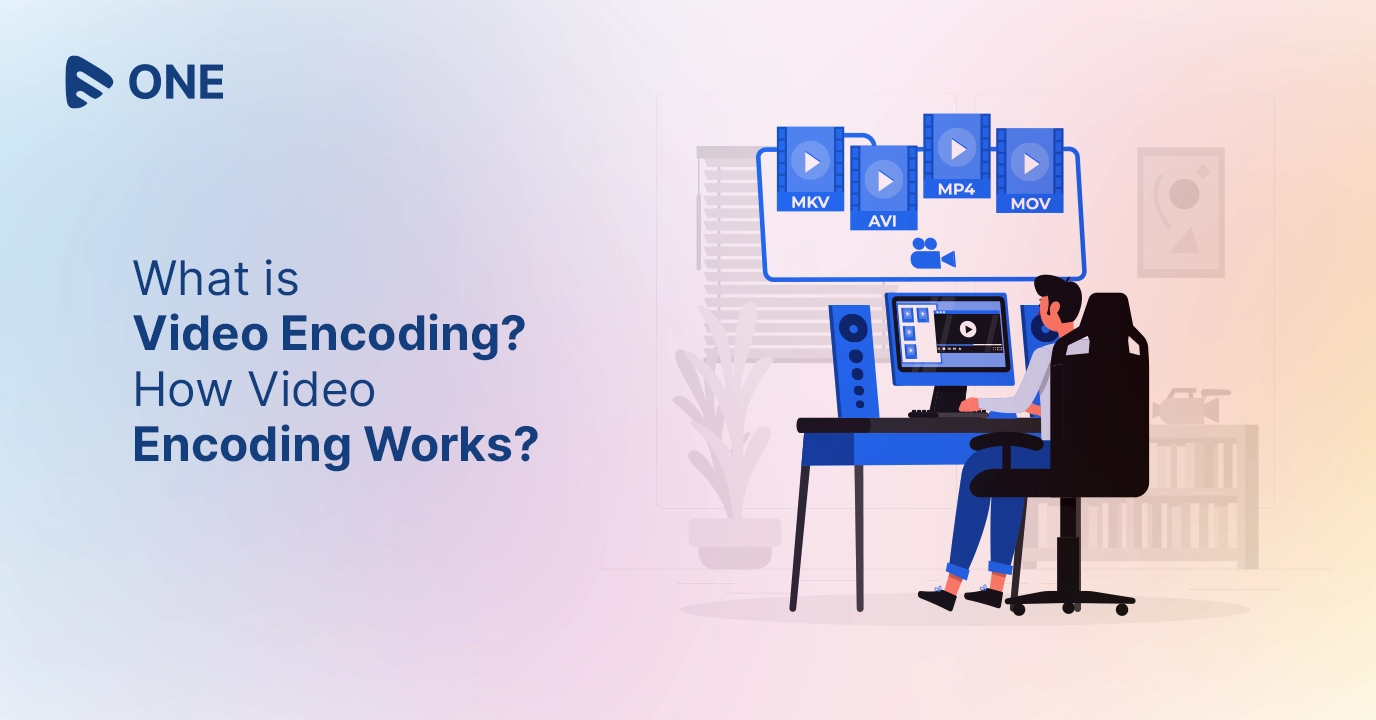
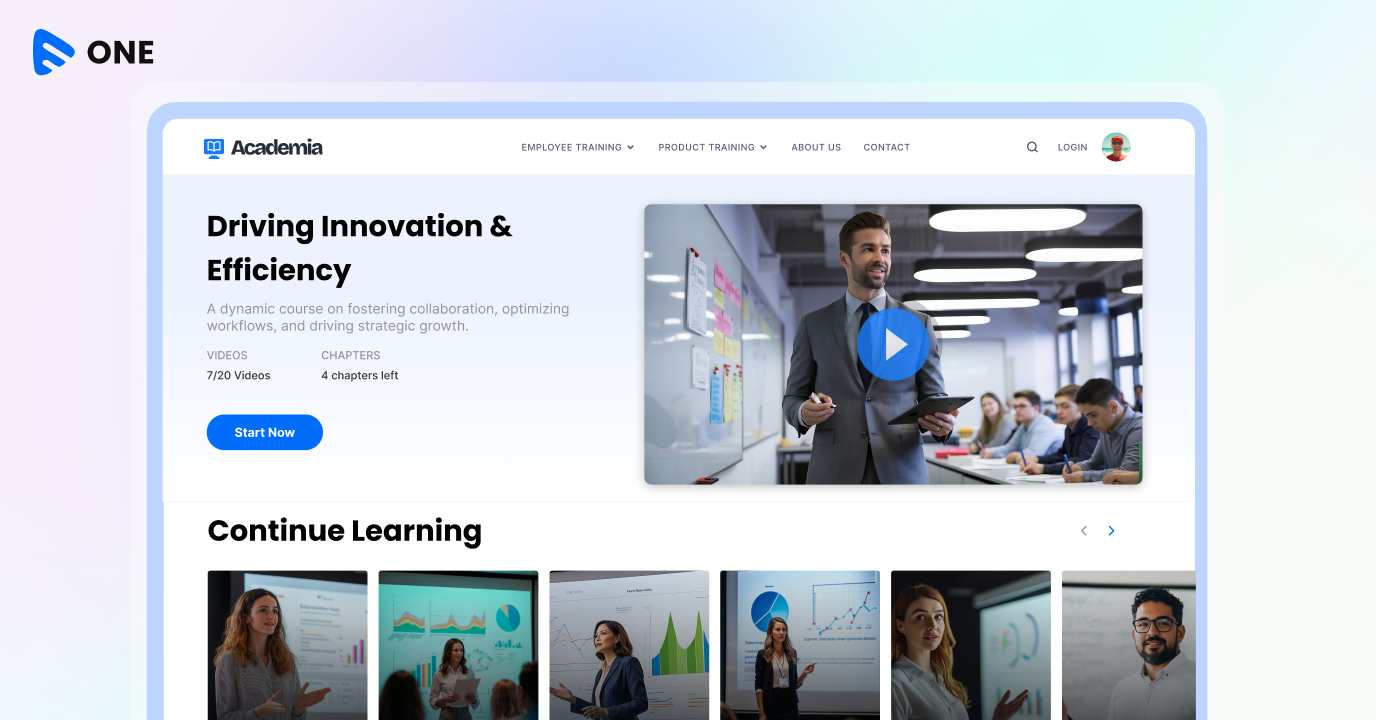

Add your comment